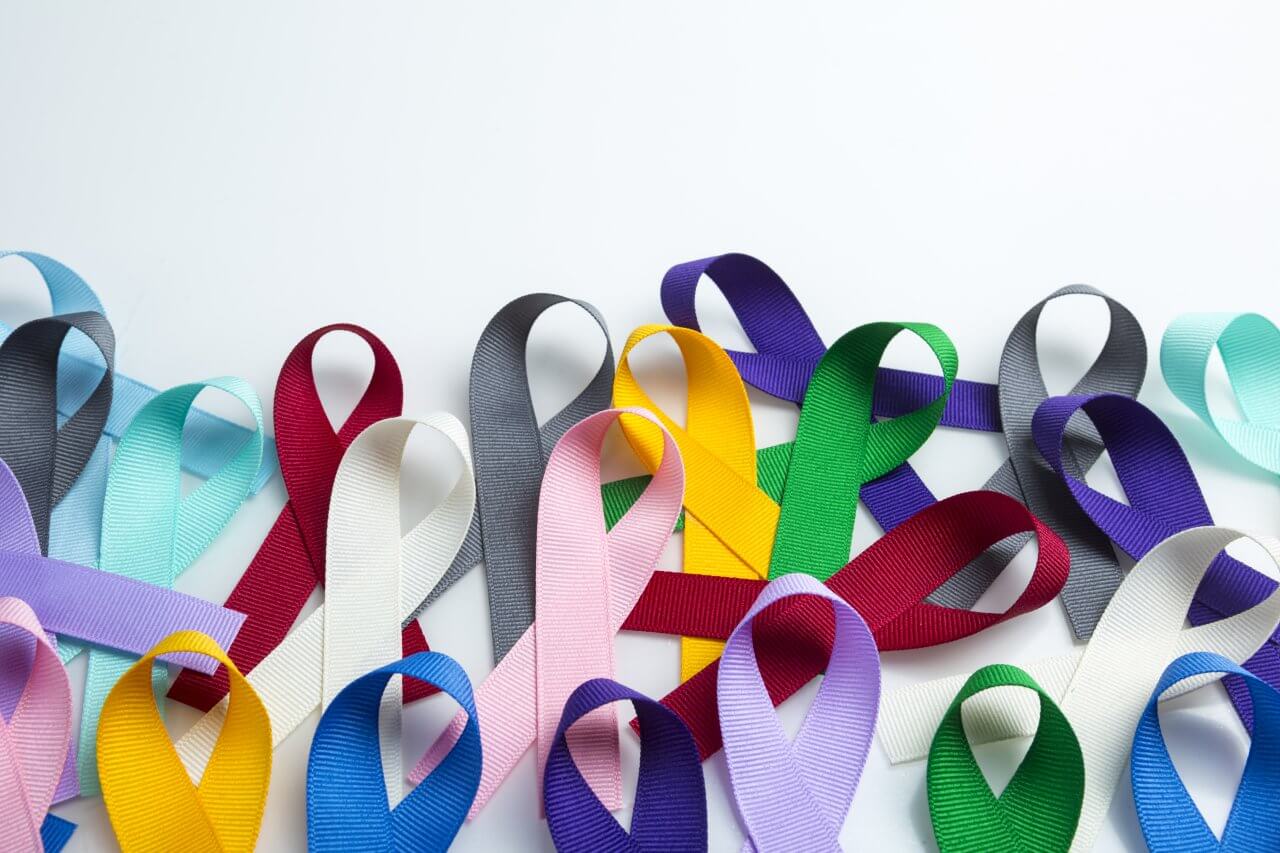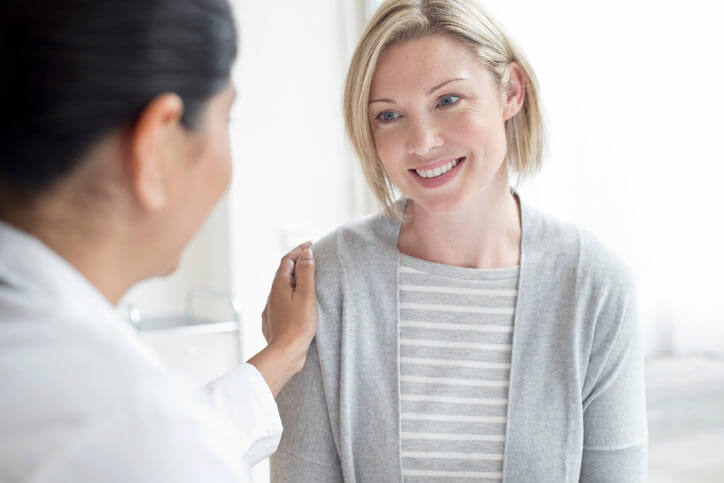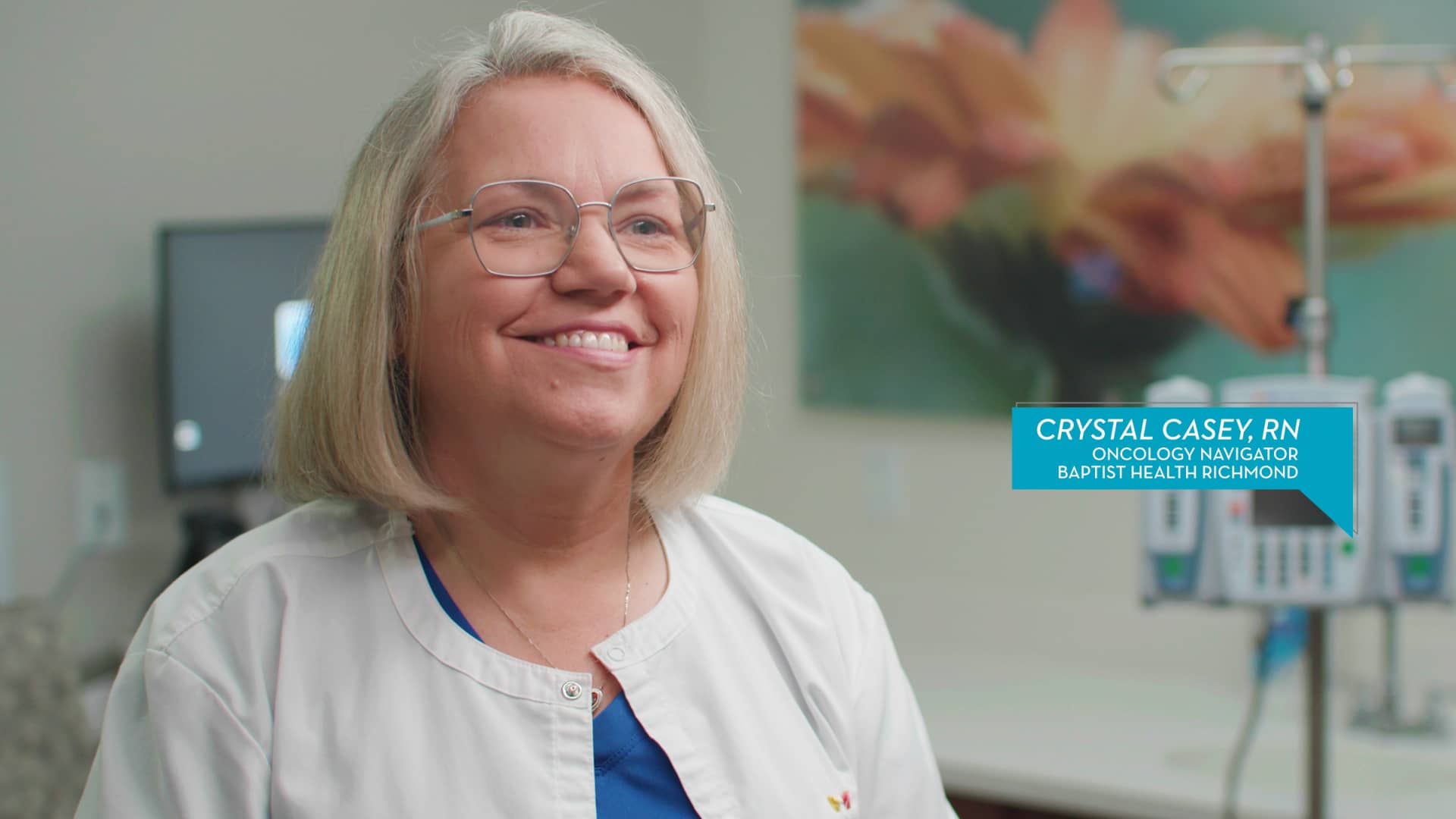When Should You Start Annual Mammograms?

Most breast cancers are found in women 50 years of age or older, but breast cancer also affects young women. About 11 percent of all new breast cancer cases in the U.S. are found in women younger than 45 years of age.
If You Are Under the Age of 45, You May Have a Higher Risk If:
-
- You have close relatives who were diagnosed with breast or ovarian cancer (particularly at age 45 or younger).
- You have changes in certain breast cancer genes (BRCA1 and BRCA2). You were treated with radiation therapy to your breast or chest as a child or young adult.
- You have had breast cancer or other breast health problems.
When to Start Annual Mammograms:
For years, the gold standard for getting an annual mammogram was age 40 for those with an average risk. But over the past couple of years, some organizations have changed their viewpoint.
In an effort to reduce the number of false positives, the American Cancer Society and a U.S. Preventive Services Task Force both announced a change in the recommended starting age from 40 to 45 and 50, respectively. Yet, the American College of Radiology and the Society of Breast Imaging stand by the gold standard and continue to endorse the 40-year norm.
Not sure what to do? Talk to your doctor about your risk factors for breast cancer and which guidelines are the best for you. For instance, if there is a family history then you need to begin screening earlier.
For any women with an average risk, I would still suggest starting annual screening mammograms at age 40 because breast cancer is treatable if caught early. In fact, early detection may be especially important for younger women because their breast may develop more rapidly.
Worried about false positives? 3D mammography has been shown to improve the detection of breast cancers, particularly in women with dense breast tissue, while simultaneously decreasing the number of women asked to return for additional testing.
Monthly Awareness Exams
Better known as a breast self-exam, experts recommend that women be aware of their breasts, and what is their “normal.” If a woman performs a monthly self-exam, she will be more likely to identify if there is a change and to seek medical advice.
If you are at higher risk, talk to your doctor about genetic testing, getting mammograms earlier or more often, and medicines or surgeries that can lower your breast cancer risk.
The only way to know for certain if you have breast cancer is to see a doctor. Don’t put off your cancer screening — the earlier breast cancer is diagnosed, the better the prognosis. Take our breast cancer risk assessment to estimate your personal risk.



